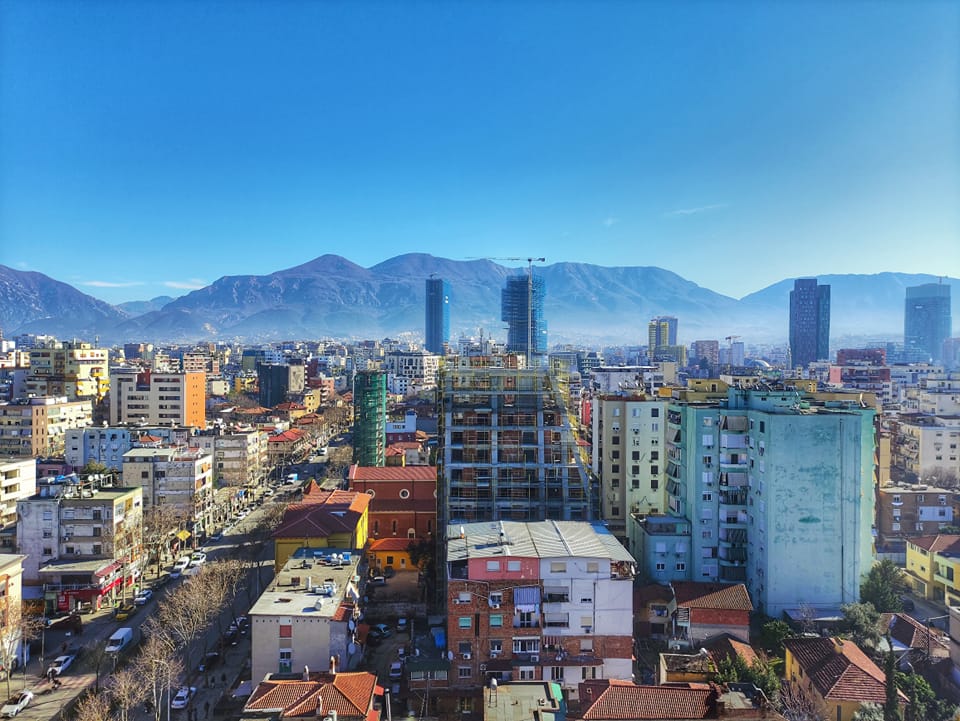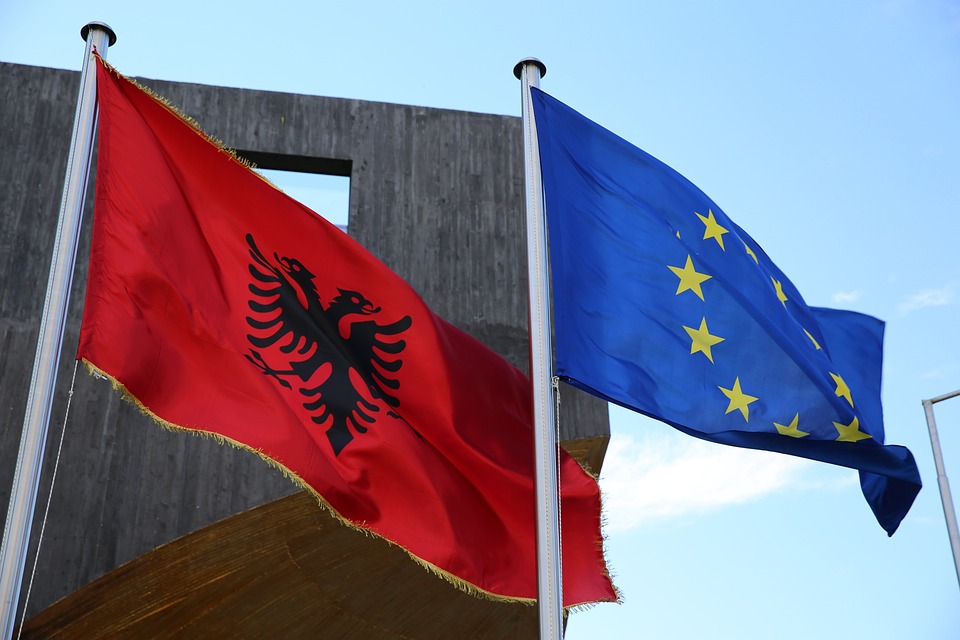Albania is a small country located in Southeastern Europe, with its coastline on the Adriatic and Ionian Seas. Over the years, the country has been burdened with various myths and preconceptions from people all over the world. Some of these myths are based on stereotypes and biases, while others are influenced by popular culture, politics, and historical events. In this article, we will explore some of the most common myths and preconceptions people have about Albania and the truth behind them.
Myth #1: Albania is a dangerous country
One of the most common myths about Albania is that it is a dangerous country, plagued by crime and political instability. However, this is far from the truth. Albania is, in fact, one of the safest countries in Europe. Despite the country’s tumultuous past, Albania has made significant progress in the last few decades. It has become a stable democracy with a growing economy, a bustling tourism industry, and an increasingly vibrant cultural scene. Of course, there is crime, but street crime, burglary and other crimes that plague much of Europe, are extremely low in incidence here.
Myth #2: Albania is a poor and backward country
Another common myth associated with Albania is that it is a poor and backward country. While it is true that Albania is not among the wealthiest nations in the world, the country has made significant progress in recent years. Albania has one of the fastest-growing economies in Europe, driven by a thriving service and tourism sector. The country has also made significant investments in infrastructure, education, and healthcare, which have somewhat improved the standard of living for its citizens. While there is still a lot of work to be done and many live below the international poverty line, things have improved and will continue to do so. Lastly, Albania is anything but backwards.
Myth #3: Albania is a closed and isolated country
Some people still believe that Albania is a closed and isolated country, cut off from the rest of the world. This myth is based on Albania’s communist past, when the country’s government imposed strict restrictions on travel and communication with the outside world. However, since the fall of communism in 1991, Albania has become a more open and connected country. It has established diplomatic relations with other countries around the world, and its citizens enjoy greater freedoms and opportunities to travel abroad. It is a member of NATO, the United Nations, the Council of Europe and is an EU candidate country.
Myth #4: Albania is a Muslim country
Many people assume that Albania is a Muslim country, based on its location in Southeastern Europe and its historical ties to the Ottoman Empire. However, this is far from the truth. While Islam is considered the largest religion in Albania, the country is known for its interfaith harmony and tolerance. The Albanian Constitution guarantees freedom of religion, and its citizens are free to practice any religion they choose. Albania is also home to significant Orthodox, Catholic, Bektashi and other religious communities, and its diverse religious landscape is part of its cultural richness.
Myth #4: Albania is a drug dealers have
The stereotype that Albania is full of drugs is untrue and baseless. While it is true that Albania has had a history of drug trafficking and consumption, it is unfair to generalize the whole country based on the actions of a few.
The Albanian government has taken measures to combat drug smuggling and production in recent years. The country has also implemented stricter laws and regulations to prevent drug trafficking, and law enforcement agencies are working hard to apprehend drug traffickers. Moreover, Albanians take great pride in their cultural and religious values, and drug use is not accepted in their traditions. In fact, Albanians are known for their hospitality, kindness, and family values, which are contradictory to the idea of a drug-filled society.
There is truth that Albanians are involved in trafficking drugs around Europe, but this does not directly impact the safety of regular citizens living in, or visiting the country.
In conclusion, Albania is a fascinating country with a rich history and culture that is often misunderstood by outsiders. While myths and preconceptions about Albania still exist, it is important to challenge them with accurate information and a nuanced understanding of the country’s past and present. Albania is a safe, stable, and welcoming country that is worth exploring and experiencing firsthand.
Follow The Balkanista!




